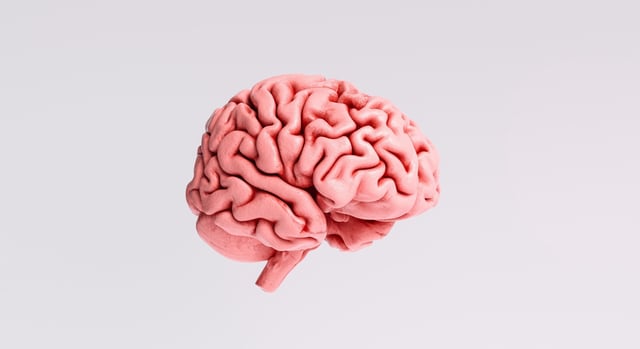Overview
- Neuroestrogen, synthesized in the brain via the enzyme aromatase, directly regulates appetite by enhancing melanocortin-4 receptor (MC4R) expression in the hypothalamus.
- Mouse models demonstrate that restoring neuroestrogen reduces food intake, limits weight gain, and increases MC4R levels, highlighting its appetite-suppressing effects.
- The research reveals that neuroestrogen amplifies the brain’s sensitivity to leptin, a hormone critical for signaling satiety, overcoming leptin resistance often seen in obesity.
- In vitro studies confirm that neuroestrogen directly upregulates MC4R in hypothalamic neurons, independent of systemic estrogen sources, underscoring its localized action.
- These findings suggest neuroestrogen-targeted therapies could offer a precision approach for treating obesity and metabolic disorders, with translational studies on the horizon.
